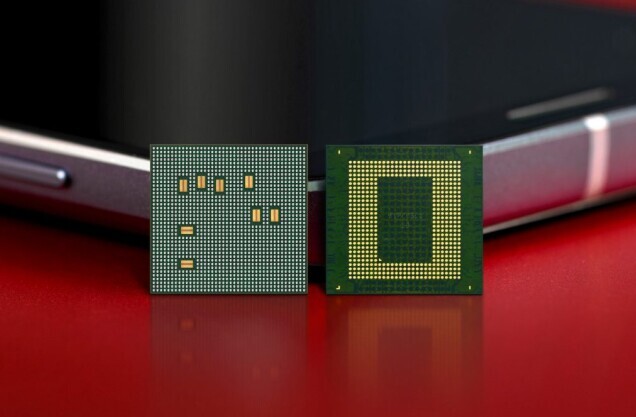
AI is becoming increasingly widespread, affecting all facets of society — even Sonic drive-ins are planning to implement artificial intelligence to provide better customer service.
Of course, every time a new innovation appears in the realm of AI, fears arise regarding its potential to replace human jobs. While this is a reality of adapting to a more tech-driven society, these fears tend to ignore the collaborative and job-creating attributes that AI will have in the future.
The future’s most successful businesses will be those that learn to combine the best attributes of machines and human workers to achieve new levels of efficiency and innovation. In reality, the future of AI will be largely dependent on collaboration with living, breathing human beings.
AI augmenting human performance
In most business settings, AI does not have the ability to make crucial decisions. However, it does have the power to provide greater insights and support to ensure that you make the right decisions faster.
Simply put, there are many tasks that AI can perform faster and more efficiently than humans. It is estimated that we produce 2.5 quintillion bytes of data per day. While individual businesses only produce a tiny fraction of that total, there is no denying that trying to analyze data points drawn from diverse areas such as logistics, marketing and corporate software programs is becoming increasingly difficult.
This is where AI enters the picture. Machine learning allows AI to analyze data points at much greater speed than a person ever could, while also eliminating the risk of data entry errors that so often occur during manual work.
Such systems present data in comprehensive formats that make it far easier to identify trends, opportunities and risks to improve business practices. This trend is already having a significant impact in the business world. A 2016 survey revealed that “61 percent of those who have an innovation strategy say they are using AI to identify opportunities in data that would otherwise be missed.”
While AI may not be granted decision-making capabilities for crucial business tasks, its ability to provide reliable, error-free data is already leading to vital insights that completely transform business operations.
AI’s automation capabilities means it is increasingly being used to streamline mundane tasks and give workers more time for high-level activities. This can make companies more efficient by lowering operating costs and improving productivity. In other words, as AI continues to advance, it will help us do our own jobs even better.
However, the biggest potential for AI comes from machine learning.
As AI learns from new data inputs, it becomes increasingly powerful and better able to assist with more complex tasks and algorithms, further expanding opportunities for collaboration and increased efficiency. Machine learning is helping AI applications better understand a wider range of instructions, and even the context in which a request is made.
This will lead to even faster and more efficient results, and helping to overcome common problems we see today, such as automated customer service systems being unable to solve complaints or requests. Even as these systems grow more advanced, however, there will still be many instances where human interaction is needed to achieve the desired resolution.
People will help machines, too
The future doesn’t merely entail AI streamlining everyday tasks or helping us do our jobs better. AI is only possible thanks to human ingenuity, and that trend isn’t going away anytime soon. Future innovations and improvements will be largely dependent on what people are able to produce.
As Russell Glenister explains in an interview with Business News Daily, “Driverless cars are only a reality because of access to training data and fast GPUs, which are both key enablers. To train driverless cars, an enormous amount of accurate data is required, and speed is key to undertake the training. Five years ago, the processors were too slow, but the introduction of GPUs made it all possible.”
Improving GPUs aren’t the only way developers will continue to play a vital role in helping AI advance to new heights. Human guidance will also be necessary to help AI “learn” how to perform desired tasks — particularly for applications where real-time human interaction will be required.
This is especially apparent in virtual assistants such as Alexa or Siri. Alexa’s recent introduction of speech normalization AI has been found to reduce errors by 81 percent, but these results were only achieved after researchers provided training using a public data set containing 500,000 samples. Similar processes have also been used to give these virtual assistants their own distinct personalities.
As AI applications become more complex and more engrained in day to day life, there will also be an increased need for individuals who can explain the findings and decisions generated by a machine.
Supervision of AI applications will also be necessary to ensure that unwanted outcomes — such as discrimination and even racism — are detected and eliminated to prevent harm. No matter how smart AI becomes, it will continue to require human guidance to find new solutions and better fulfill its intended function.
Though AI offers boundless opportunities for innovation and improvement, it won’t be able to achieve its full potential on its own. A collaborative future will see programmers, engineers and everyday consumers and workers more fully integrating AI into their daily lives.
When people and AI work together, the possibilities will be truly limitless.
Get the TNW newsletter
Get the most important tech news in your inbox each week.




